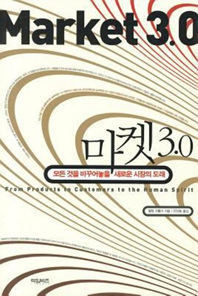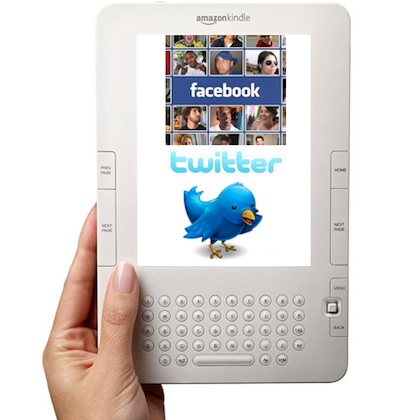The Wall Street Journal got the adrenalin pumping. Google (Nasdaq: GOOG), the paper reported last week, plans to enter the digital book marketplace this summer, "throwing the search giant into a battle that already involves Amazon.com Inc., Apple Inc. and Barnes & Noble Inc."
If that doesn't get your blood pumping, what would? A Google vs. Apple Inc. (Nasdaq: AAPL) vs. Amazon.com Inc. (Nasdaq: AMZN) dust-up is the kind of tech war we haven't seen since the early PC makers slugged it out for supremacy on the desktop. Pass the popcorn, and get ready for blood to be spilled.
Except the Journal may have utterly missed the point. What Google is doing may well have profound ramifications on when and how we acquire books. But Google may not be picking any kind of fight with Apple et al. What it may be doing instead is rewriting all the rules of book buying.
The reasons why Google may not be eyeing a beatdown of Amazon or Apple are multiple. According to New York-based publishing consultant Seth Gershel: "Apple gets an e-book competitor, but they want to sell devices and Google's entry does not diminish this."
Indeed, Google may assist Apple's strategy, because a stated mission for the so-called Google Editions is device neutrality -- any book ought to be readable on any device with a browser, and that very well could include the iPad. If Google creates iPad content, Cupertino has plenty to applaud.
As for Amazon, yes, Google may be intruding on its turf. Amazon wants to sell books, not so much devices, says New York media consultant Brian O'Leary, who points to the Kindle app's proliferation across multiple devices as a proof of Amazon's indifference to selling hardware.
Whenever Google sells a book that can be read on a Kindle, that definitely picks Amazon's pocket, says O'Leary. Still, a more immediate benefit for Amazon in that transaction may be that it wins in its format war versus Apple. Besides, he adds, Google does not think like a retailer -- it poses little threat to Amazon there.
Google's plans herald two certain winners, according to Chris Kenneally, director of author relations at the Copyright Clearance Center. He points to book publishers and authors, mainly because the more players there are in e-book publishing and distribution -- and Amazon, Apple, and Google make a dazzling trio -- the more negotiating power reverts back to the content creators and owners. This, he suggests, is win-win-win for copyright owners and readers alike.
No losers so far.
Let’s probe to the next level. Best guesses are that Google already has accumulated rights to some 12 million books. O’Leary thinks Google Edition books probably will reside in the cloud, not on devices, "and this will make digital rights management much more effective." The only cloud player at present is the nascent Kobo from Canada, a non-factor in the US market.
Put the book in a cloud, accessible only by a validated Google account holder, and "it gets much easier for Google to protect that content against unauthorized copying," notes O'Leary, who adds that textbook publishers in particular will rejoice. They are under mounting pressure to make their content available as lower-cost e-books, but real worries about mass copying have put the brakes on their efforts. Google Editions may change that.
Google also may want to reshape how and when we buy books, says O'Leary. What he envisions is a Google search for, say, cats and fleas. Traditionally, results would be a list of Web pages with information on that topic. But what if, with Google Editions, Google decides to mix in a link to a book about cat health, with options for immediate e-book delivery, or delivery of a print-on-demand copy the next day?
"Amazon is good at selling us books when we look for books, but Google may be positioning itself to sell us books when we are not looking for a book, just for information on a topic," says O'Leary. "But when a book is the best source of information, Google appears to want to position itself to sell it to us."
And that changes all the rules.
— Robert McGarvey is a widely published author and expert on social media.
![[Barnes]](http://si.wsj.net/public/resources/images/P1-AV327_Barnes_G_20100520173934.jpg) AFP/Getty Images
AFP/Getty Images 
